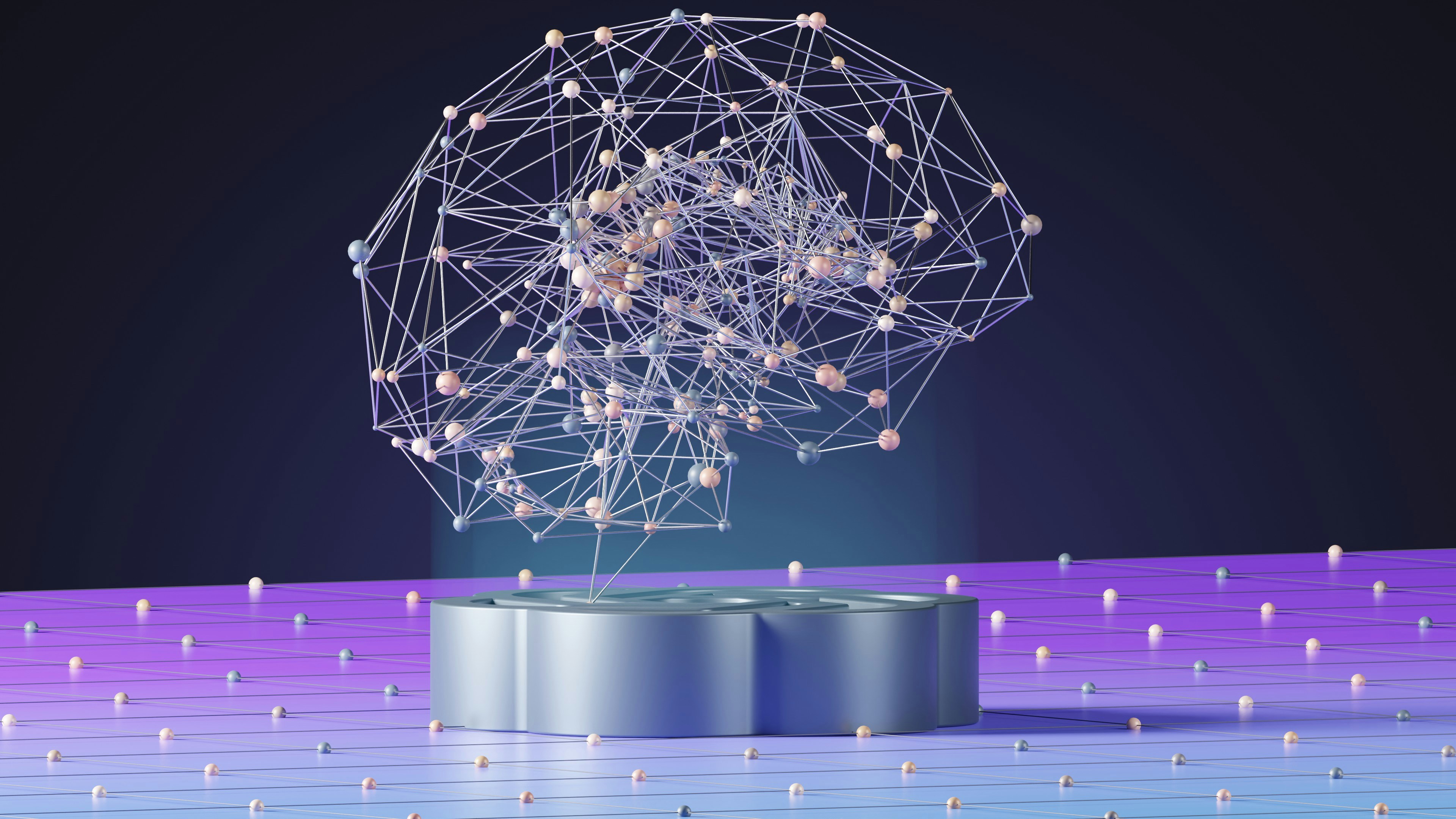
Steve Toy says that AI has revolutionized the way people learn languages via technology in two important ways.
First, AI can help serve individual users the video content appropriate for their skill level in a given language.
“This is something that educators always wanted to do — have video content that allows you to hear the words that you're learning,” says Toy, CEO of Memrise, a language learning platform. “But it's very costly to make content, and it is very tough to march all kinds of people in lockstep to learn the same amount of words so they can run the same video that makes sense. And now we don't have to worry about that. We just have to know the words that each individual knows, and we have to know the words that are in a given video.”
AI can then do the rest, pairing videos and existing content on social media that meshes with a learner’s knowledge in a given language.
Next, AI can also help people practice their language skills. “We now have the ability to allow you to try to use those words and give you real-time feedback on how it's going in an environment where there is zero human judgment,” Toy says. “The biggest reason why people with 100 words of a given language don't go and try and use those words even to have a planned conversation of ‘Hi, how are you? Can I get you some coffee?’ is because they're worried that they're going to sound stupid.”
These types of AI uses, which allow for individualized instruction and specific, instant and judgment-free feedback to learners, are part of the reason edtech companies big and small have embraced AI. It’s also why many educators are excited about the prospect of the technology and there is something of an AI arms race emerging among top edtech companies.
Embracing AI
Deirdre Quarnstrom, Vice President of Education at Microsoft, says AI has the potential to exponentially increase student access to personalized learning.
“We know from practice and experience, that personalized learning is really a key and everyone benefits from that,” Quarnstrom says.
One example of how AI is helping facilitate more personalized learning is the Microsoft tool Reading Coach, which is available to educators and parents through Teams. Reading Coach can generate assessments of each student’s reading practice on demand, among other features. “We know that when students are more engaged in the reading, and they enjoy the content and it's more customized, they're going to spend more time and then that becomes a predictor of reading outcomes,” Quarnstrom says.
Other AI tools for educators include Microsoft CoPilot, which is in part powered by GPT technology through Microsoft's partnership with OpenAI and can help teachers generate lesson plans and assessments. Microsoft also recently announced it is enabling Khan Academy to provide free access to its AI assistant Khanmigo, for all K-12 educators.
However, regardless of the AI platform involved, it’s important to have the educator in the driver’s seat, Quarnstrom says. “They know their students, they know what they're trying to achieve, they have a set of goals, they know what their students are capable of,” she says.
Other tech giants are also entering the AI for education arena. Google’s flagship AI model, Gemini, is available in Workspace for education, and Apple’s recently announce partnership with OpenAI is sure to have implications for teachers and students.
AI Pitfalls and Potential
Of course, there are also critics of AI.
Jane Rosenzweig, Director of the Harvard College Writing Center, argues that many existing AI tutors only provide on-demand versions of Wikipedia articles, not the deeper insights a skilled educator can provide. Research into how effective generative AI tools can be is still in its infancy, although one recent review of research found students saw only modest benefits from using ChatGPT-style tutors. And hallucinations still remain a problem for AI technology.
Alden Do Rosario, CustomGPT.ai’s CEO and founder, says eliminating hallucinations should be the first goal of every AI company, particularly those companies working in the education space. However, he is confident the problem of AI hallucinations will be solved, and like many tech company executives, is optimistic about the future of AI and education. Ultimately, he believes AI won’t just help students at all levels learn but change how they learn.
“If knowledge is available at the drop of a hat, similar to what Google used to do, but now it is a thousand times more powerful, then the focus on trying to memorize stuff becomes much less important,” Do Rosario says. “You remember there is to be these thing called 'open book tests.' Now it's going to be open AI tests. How you take an exam will be completely different with AI right at your fingertips.”







